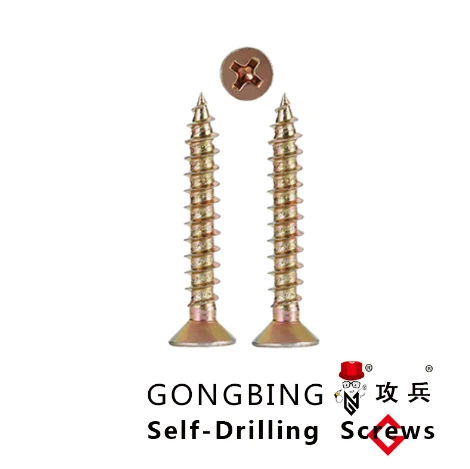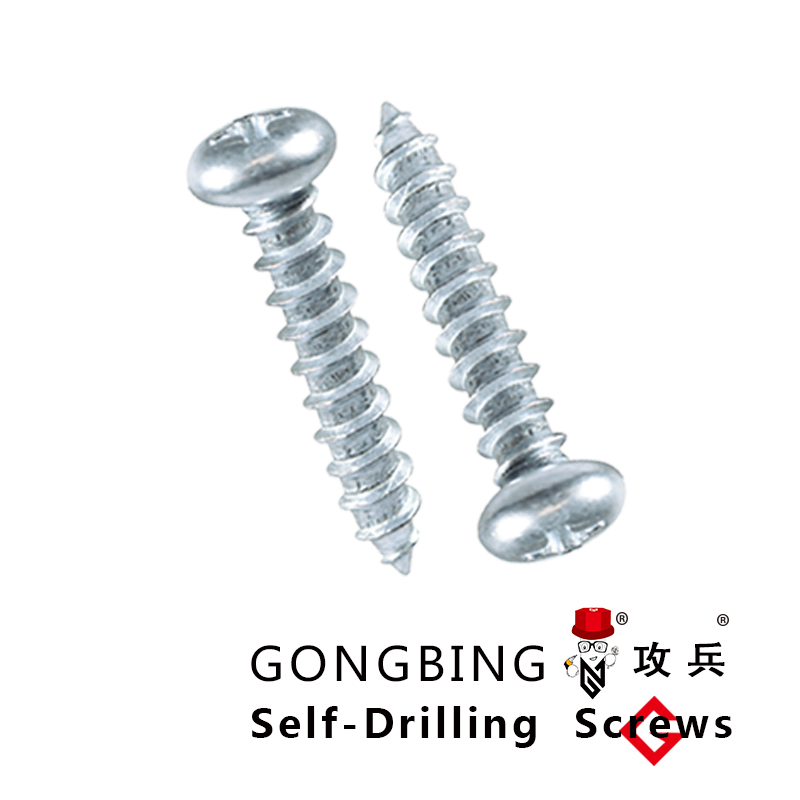Feb . 19, 2025 07:23
Back to list
masonry chemical anchors
Resin epoxy anchors are revolutionizing the construction and engineering sectors, becoming indispensable in complex projects requiring robust and long-lasting solutions. This article aims to delve deep into the nuanced world of resin epoxy anchors by examining their materials, advantages, applications, and reliable performance.
The versatility of resin epoxy anchors enables their usage across various sectors. In civil engineering, these anchors play a vital role in constructing bridges, tunnels, and skyscrapers, where safety and reliability are non-negotiable. In the industrial sector, resin epoxy anchors are used extensively in anchoring machinery, securing pipelines, and ensuring the stabilization of heavy equipment. Even in residential settings, they provide a robust solution for mounting fixtures and securing household structures. The installation process of resin epoxy anchors is another aspect that highlights their efficiency and reliability. Proper surface preparation, including cleaning and drying the base material, is paramount in achieving optimal results. Mixing ratios should be precisely followed to ensure the maximum strength of the bond. Despite the precision required, trained professionals can execute the installation swiftly, showing how resin epoxy anchors can be both time-efficient and highly dependable. Choosing resin epoxy anchors involves understanding brand reliability and compliance with industry standards. Manufacturers often provide detailed guidelines and technical data sheets to guarantee that users and installers can achieve the best possible results. A focus on certified products ensures conformity to safety standards, enhancing the overall trustworthiness of the installation. In conclusion, resin epoxy anchors provide an excellent combination of strength, durability, and adaptability, making them a preferred choice for demanding applications. Whether used in commercial skyscrapers or residential fixtures, their resilience and long-lasting performance are unmatched. The expertise involved in manufacturing and using these anchors reinforces their reliability as a trusted solution in modern construction and engineering fields. Through adherence to industry standards and professional installation practices, resin epoxy anchors continue to set a benchmark for quality and performance in diverse applications.


The versatility of resin epoxy anchors enables their usage across various sectors. In civil engineering, these anchors play a vital role in constructing bridges, tunnels, and skyscrapers, where safety and reliability are non-negotiable. In the industrial sector, resin epoxy anchors are used extensively in anchoring machinery, securing pipelines, and ensuring the stabilization of heavy equipment. Even in residential settings, they provide a robust solution for mounting fixtures and securing household structures. The installation process of resin epoxy anchors is another aspect that highlights their efficiency and reliability. Proper surface preparation, including cleaning and drying the base material, is paramount in achieving optimal results. Mixing ratios should be precisely followed to ensure the maximum strength of the bond. Despite the precision required, trained professionals can execute the installation swiftly, showing how resin epoxy anchors can be both time-efficient and highly dependable. Choosing resin epoxy anchors involves understanding brand reliability and compliance with industry standards. Manufacturers often provide detailed guidelines and technical data sheets to guarantee that users and installers can achieve the best possible results. A focus on certified products ensures conformity to safety standards, enhancing the overall trustworthiness of the installation. In conclusion, resin epoxy anchors provide an excellent combination of strength, durability, and adaptability, making them a preferred choice for demanding applications. Whether used in commercial skyscrapers or residential fixtures, their resilience and long-lasting performance are unmatched. The expertise involved in manufacturing and using these anchors reinforces their reliability as a trusted solution in modern construction and engineering fields. Through adherence to industry standards and professional installation practices, resin epoxy anchors continue to set a benchmark for quality and performance in diverse applications.
Latest news
-
Weatherproof Plastic Expansion Anchors for OutdoorNewsJun.06,2025
-
Sustainability in the Supply Chain: Eco-Friendly TEK Screws ProductionNewsJun.06,2025
-
Load-Bearing Capacity of External Insulation FixingsNewsJun.06,2025
-
Double Head Bolts: Enhancing Efficiency in Industrial MachineryNewsJun.06,2025
-
Corrosion Resistance in Chipboard Screws: Coatings for Wholesale DurabilityNewsJun.06,2025
-
Butterfly Toggle Bolts : Enhancing Structural ResilienceNewsJun.06,2025
